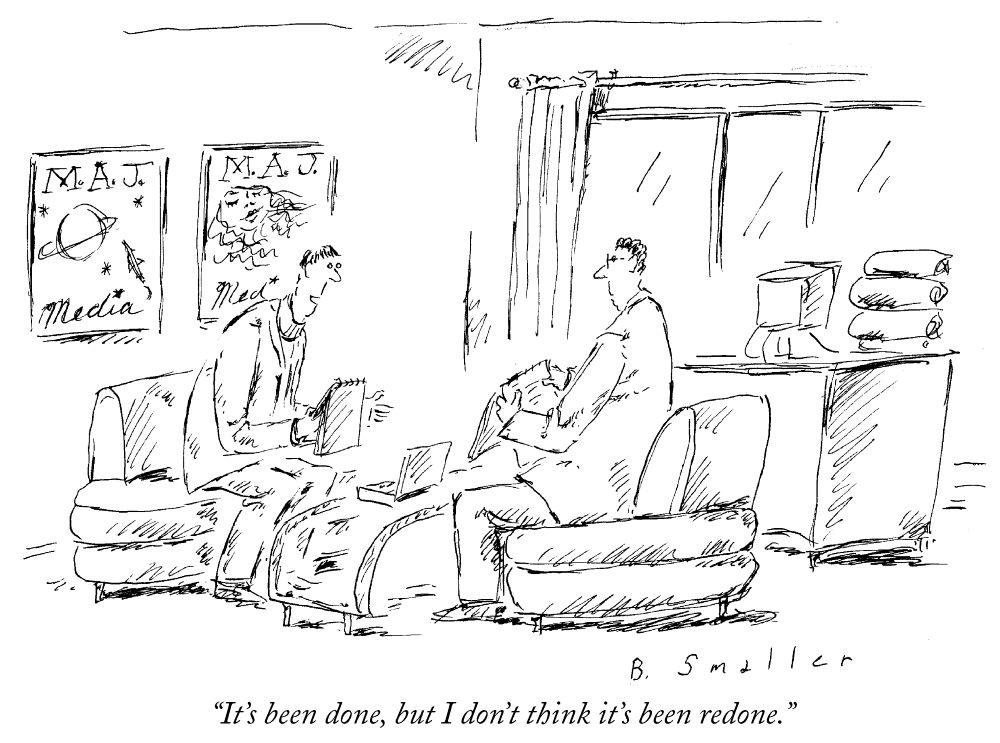
President Trump recently issued an executive order calling for improvement in the reproducibility of scientific research and asking federal agencies to propose how they will make that happen. I imagine that the National Institutes of Health’s response will include replication studies, in which NIH would fund attempts to repeat published experiments from the ground up, to see if they generate consistent results.
Both Robert F. Kennedy Jr., the Secretary of Health and Human Services, and NIH director Jay Bhattacharya have already proposed such studies with the objective of determining which NIH-funded research findings are reliable. The goals are presumably to boost public trust in science, improve health-policy decision making, and prevent wasting additional funds on research that relies on unreliable findings.
As a former biomedical researcher, editor, and publisher, and a current consultant about image data integrity, I would argue that conducting systematic replication studies of pre-clinical research is neither an effective nor an efficient strategy to achieve the objective of identifying reliable research. Such studies would be an impractical use of NIH funds, especially in the face of extensive proposed budget cuts.
Continue reading Guest post: NIH-funded replication studies are not the answer to the reproducibility crisis in pre-clinical research
 Researchers have retracted a 2015 Nature paper about the molecular underpinnings of immune function after discovering they could not replicate key parts of the results.
Researchers have retracted a 2015 Nature paper about the molecular underpinnings of immune function after discovering they could not replicate key parts of the results.
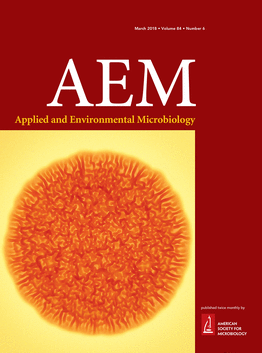 A biology journal has retracted a 2011 paper after the
A biology journal has retracted a 2011 paper after the 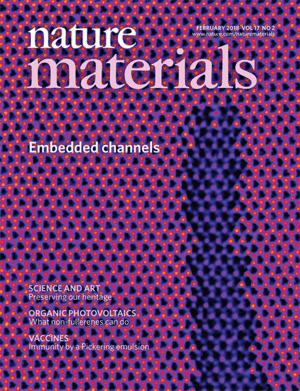 The authors of a highly cited 2016 research letter on a way to improve the efficiency of solar panels have retracted their work following “concerns about the reproducibility.”
The authors of a highly cited 2016 research letter on a way to improve the efficiency of solar panels have retracted their work following “concerns about the reproducibility.”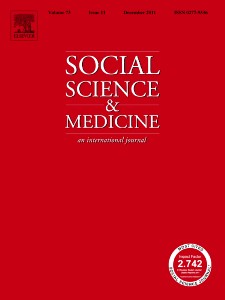



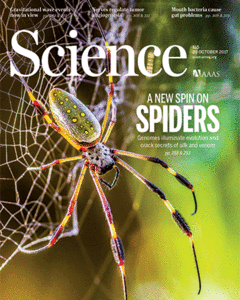 Science
Science